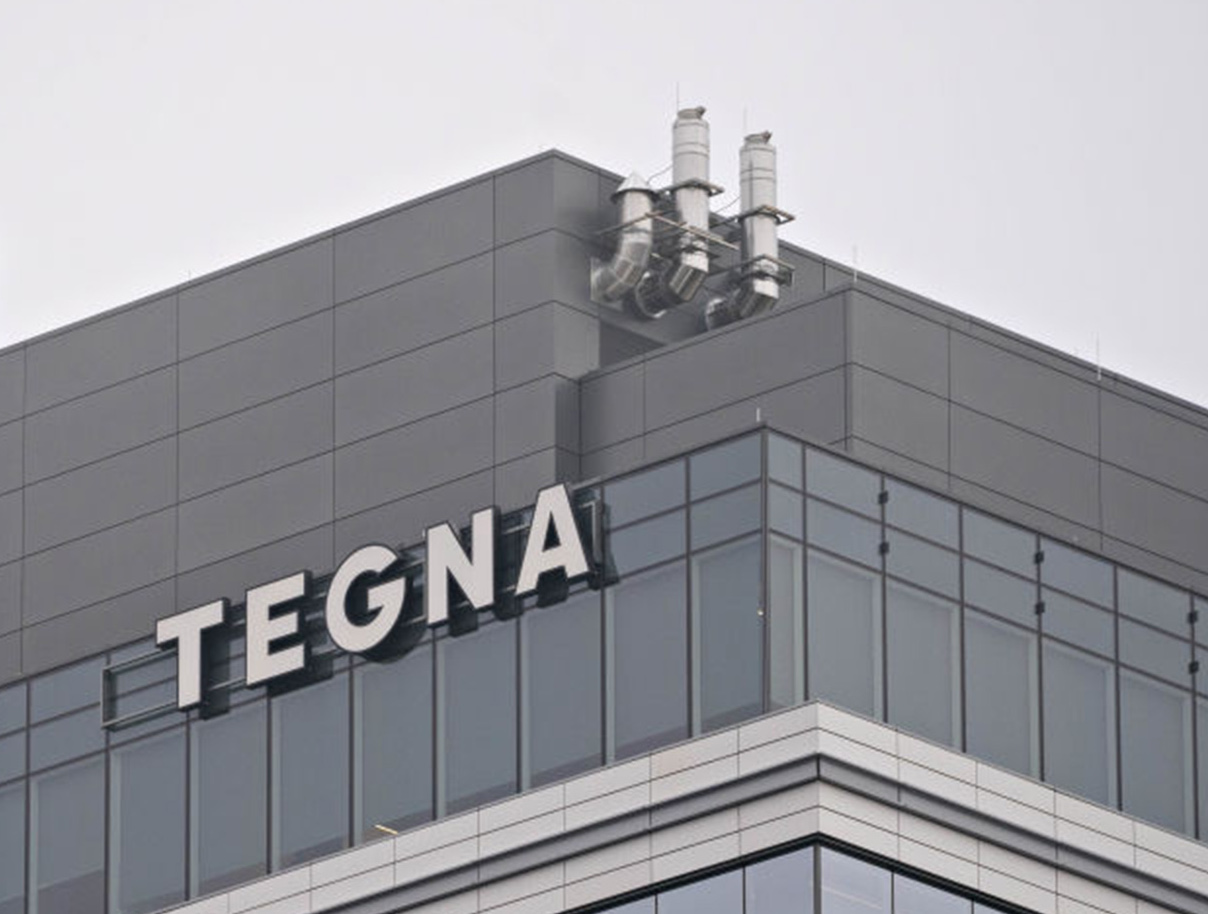FCC expected to approve Comcast acquisition of NBCU with Internet video conditions
FCC Chairman Julius Genachowski has let it be known that he would support the acquisition of NBCU by Comcast if certain conditions are approved.
Several industry reports have confirmed that the FCC chairman is worried that Comcast — armed with content from NBC Universal — could use its clout to stop online video services that would compete with Comcast’s core business of distributing hundreds of TV channels into people’s homes.
With concerns of violations of net neutrality standards and interference with the fair distribution of video, the chairman’s key condition is intended to guarantee that new Internet video distributors can get easy access to all NBC programming once the transaction closes.
Online video, the FCC source said, is one of five broad areas that will be addressed by Genachowski’s concerns. The other areas involve access to NBC programming by other TV distributors including satellite and telco; access onto Comcast’s systems by other programmers; protections for over-the-air television; and assurances about programming diversity and localism.
Specifically, one condition cited by the “Los Angles Times” would require Comcast to provide its programming to an online video service if rivals such as Walt Disney Co.’s ABC or News Corp.’s Fox are also feeding content to it.
The newspaper said that could be a bitter pill for Comcast to swallow because it would prefer to control its own programming rather than be forced to help competitors — such as Netflix or Google TV — build their businesses.
The FCC is also expected to place limits on Comcast’s oversight of Hulu. NBC Universal is a founder of Hulu and owns about one-third of the venture along with Disney and News Corp. The newspaper reported one proposal being weighed is to take away NBC’s voting rights in Hulu.
The professional video industry's #1 source for news, trends and product and tech information. Sign up below.
Even with Genachowski’s approval if all his conditions are met, he still must get two other commissioners to vote to “yes” to approve the merger. A draft is now being circulated among the FCC’s members.
The chairman has concluded that with the conditions, the Comcast-NBC Universal deal meets the public interest standards that the commission is supposed to uphold. The entire FCC is expected to vote on the deal in early January.
In the meantime, Comcast wrote a letter to the FCC proposing that it might offer low-cost broadband Internet access as part of the approval of its NBC merger. The company suggested that it would give access to $10 per month service to any household making $20,000 or less per year. There would not be installation fees, and the household could even get a refurbished netbook or similar device as well as computer training.
Expansion would be a focus, as it would pass 400,000 new homes over the next three years. Other Comcast promises involve preserving hyperlocal content on the Web as well as broadcast public access channels.
The cable company’s promises, however, were viewed as relatively mild and wouldn’t have significant impact. The extra reach is comparatively insignificant. The FCC is more concerned about Comcast blocking rivals than a minor extension of Internet access.
The “New York Times” reported there are indications that the other government agency reviewing the deal, the Justice Department, is also preparing to approve it. A source at Justice said discussions there continued with Comcast about a consent decree, which is commonly issued when companies merge.
In reviewing the Comcast-NBC Universal deal, the Justice Department primarily assesses whether the acquisition will be anticompetitive, and the FCC determines whether it is in the public interest.
The proposed merger is being closely watched because of its sheer size. Comcast is the nation’s largest cable TV operator and provider of broadband Internet service.
The combination would give the company control over the NBC and Telemundo broadcast networks; 26 local TV stations; popular cable channels including CNBC, Bravo and Oxygen; the Universal Pictures movie studio and theme parks; and a stake in Hulu.com, which distributes NBC and other broadcast programming online.
Comcast is seeking approval to buy a 51 percent stake in NBC Universal from General Electric Co. for $13.8 billion in cash and assets.
Comcast has built its business on distributing video programming and providing Internet connections. It has about 23 million video subscribers and nearly 17 million broadband subscribers.
Taking over NBC Universal would create a media powerhouse that both produces and distributes content. Its effects on the online video distribution could be enormous. This is what concerns regulators.
